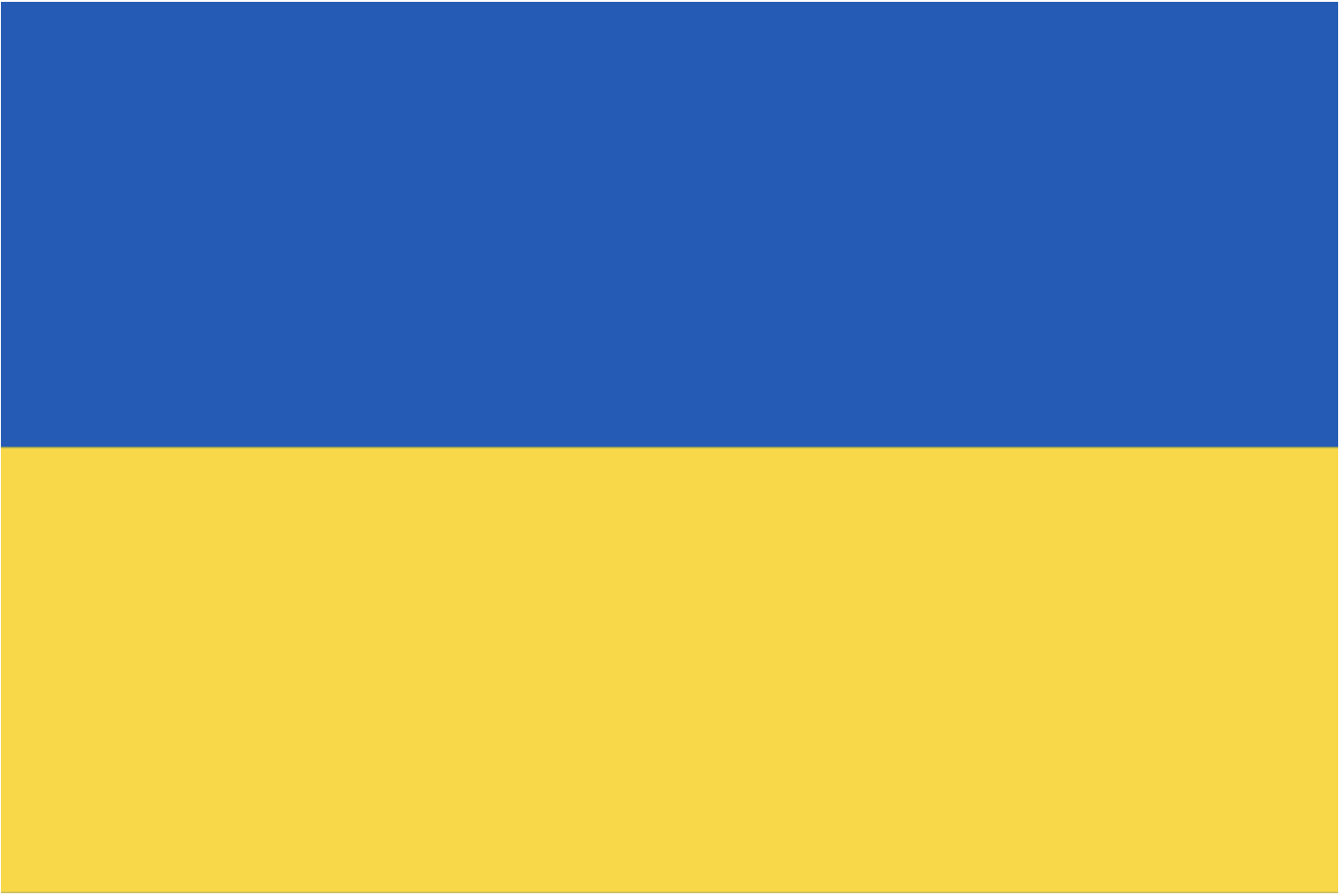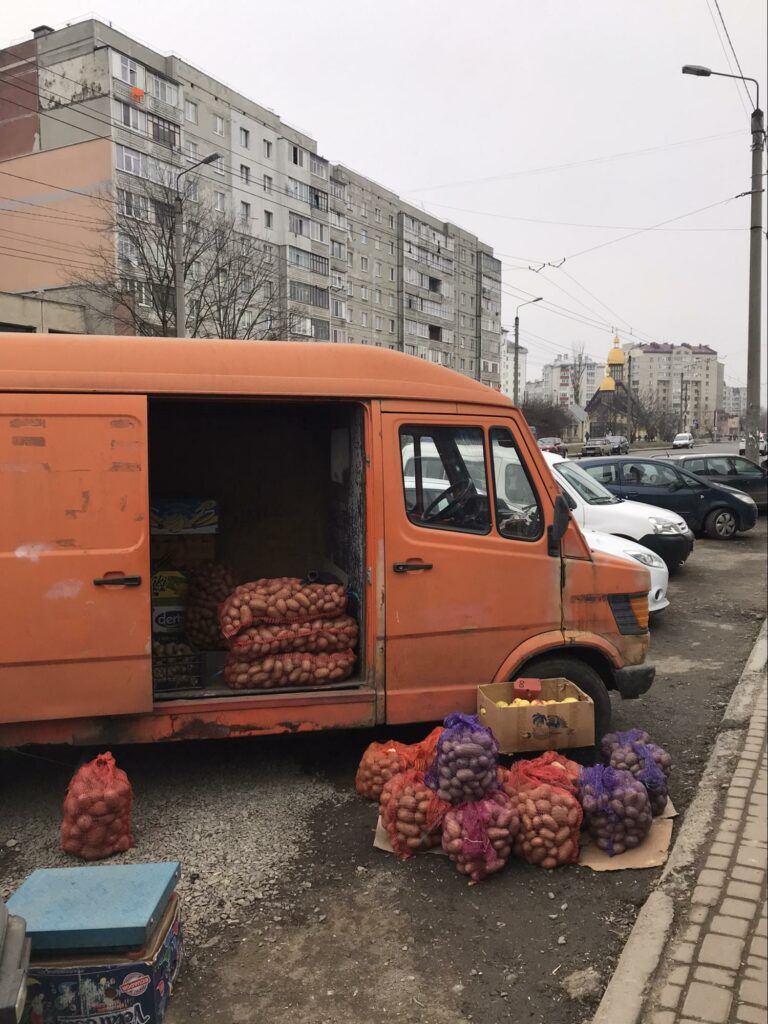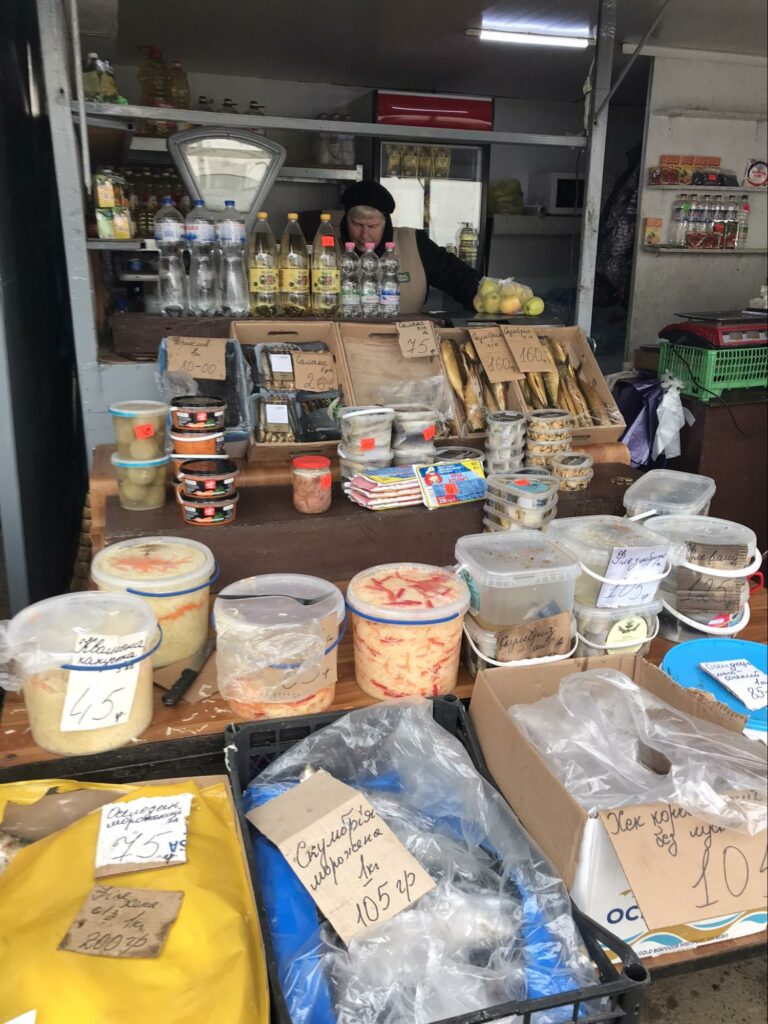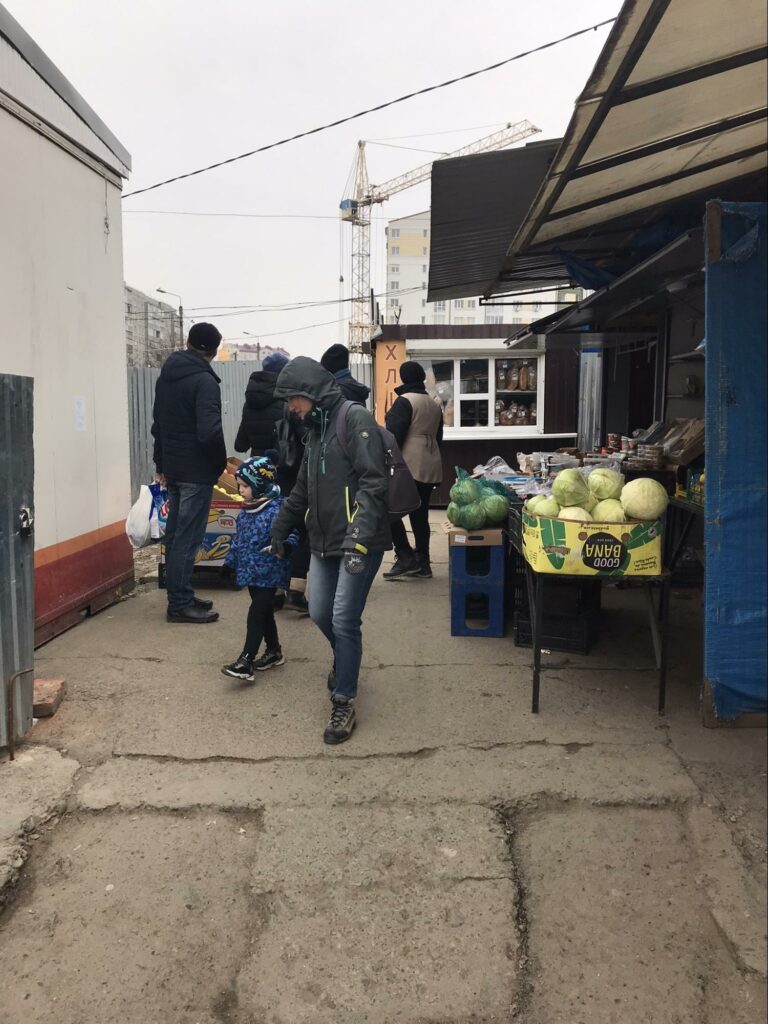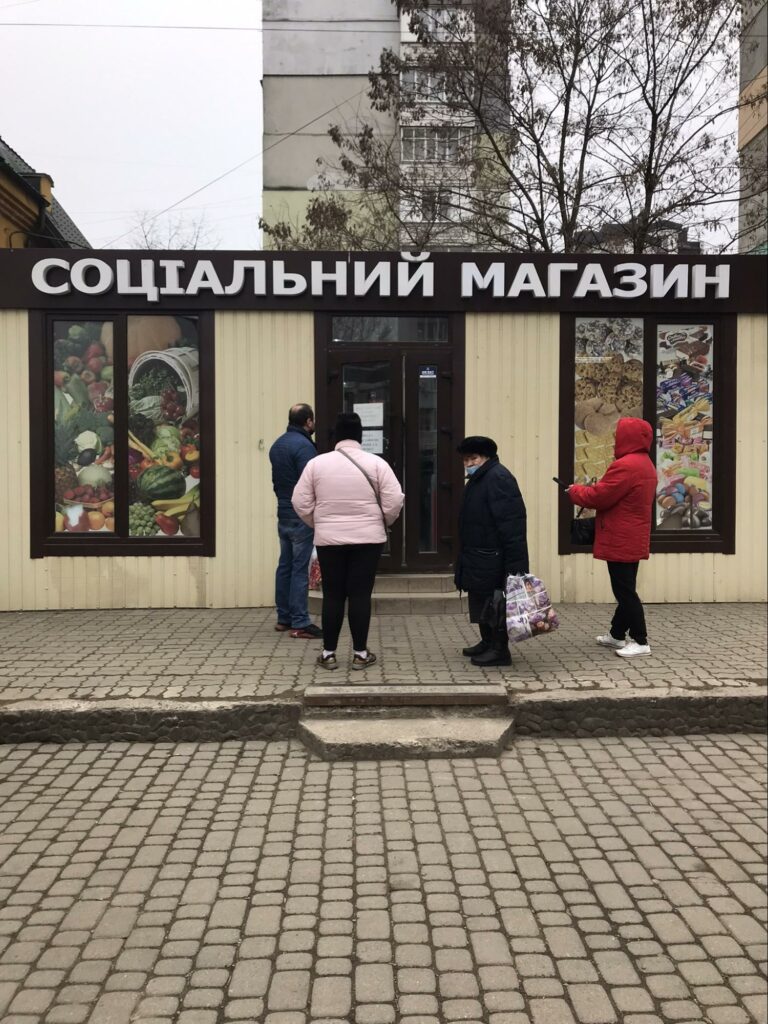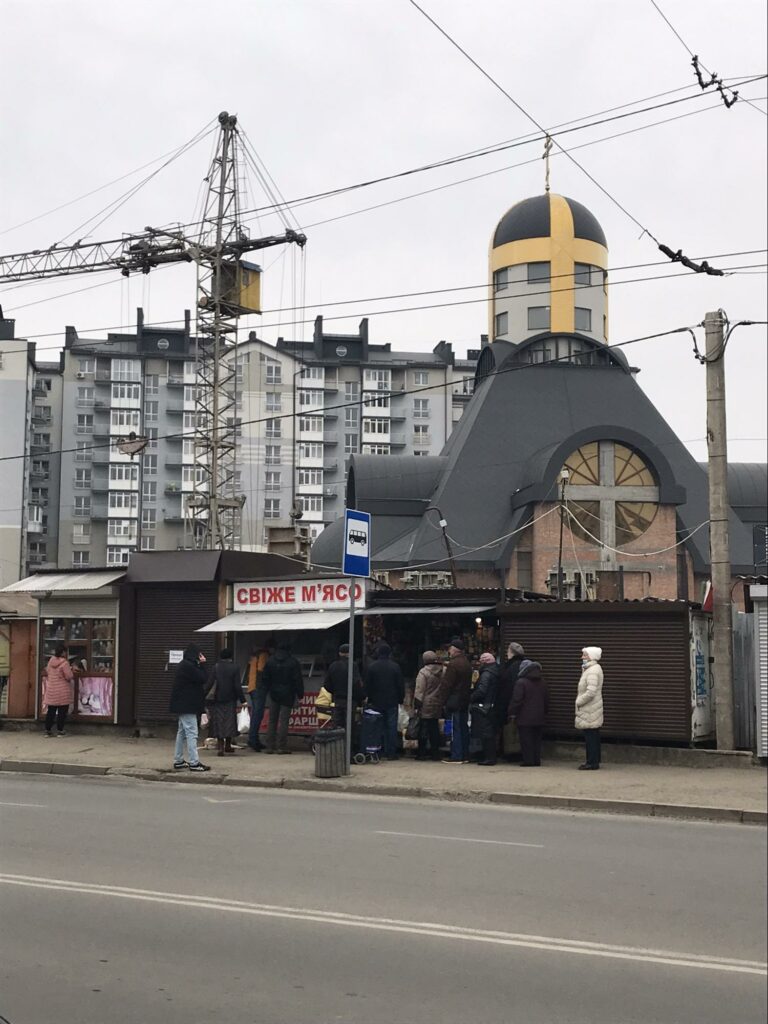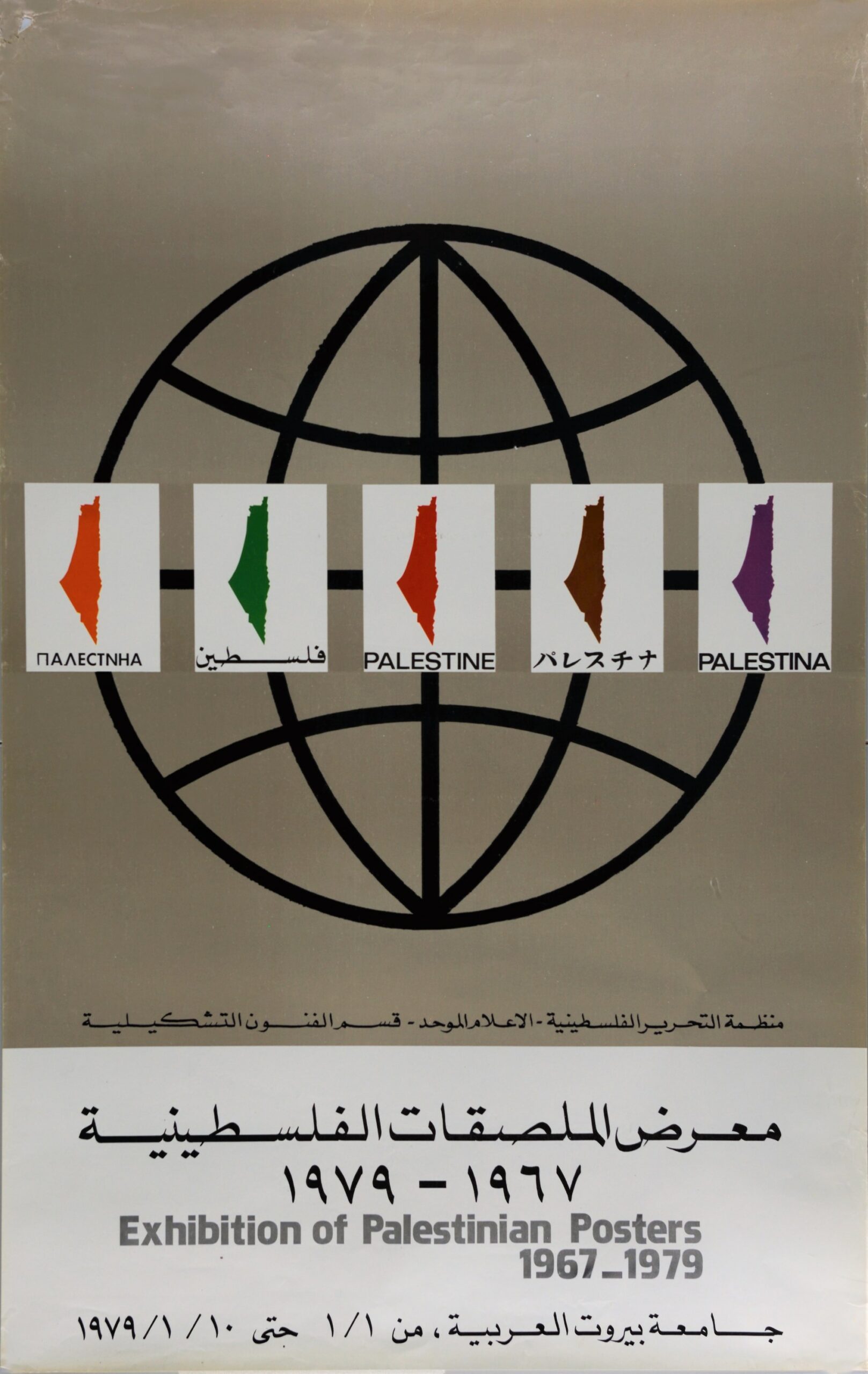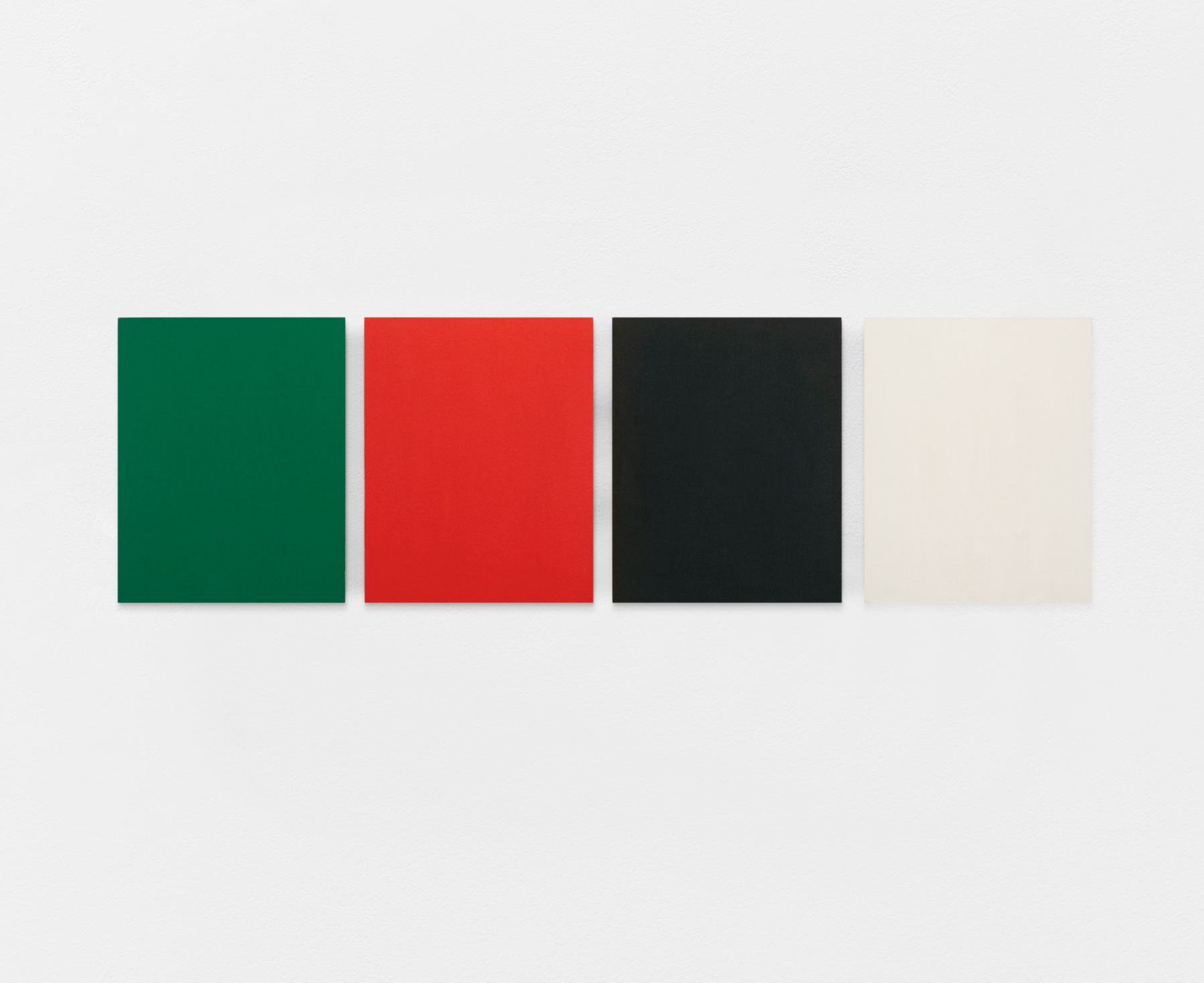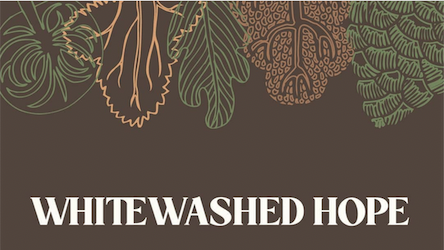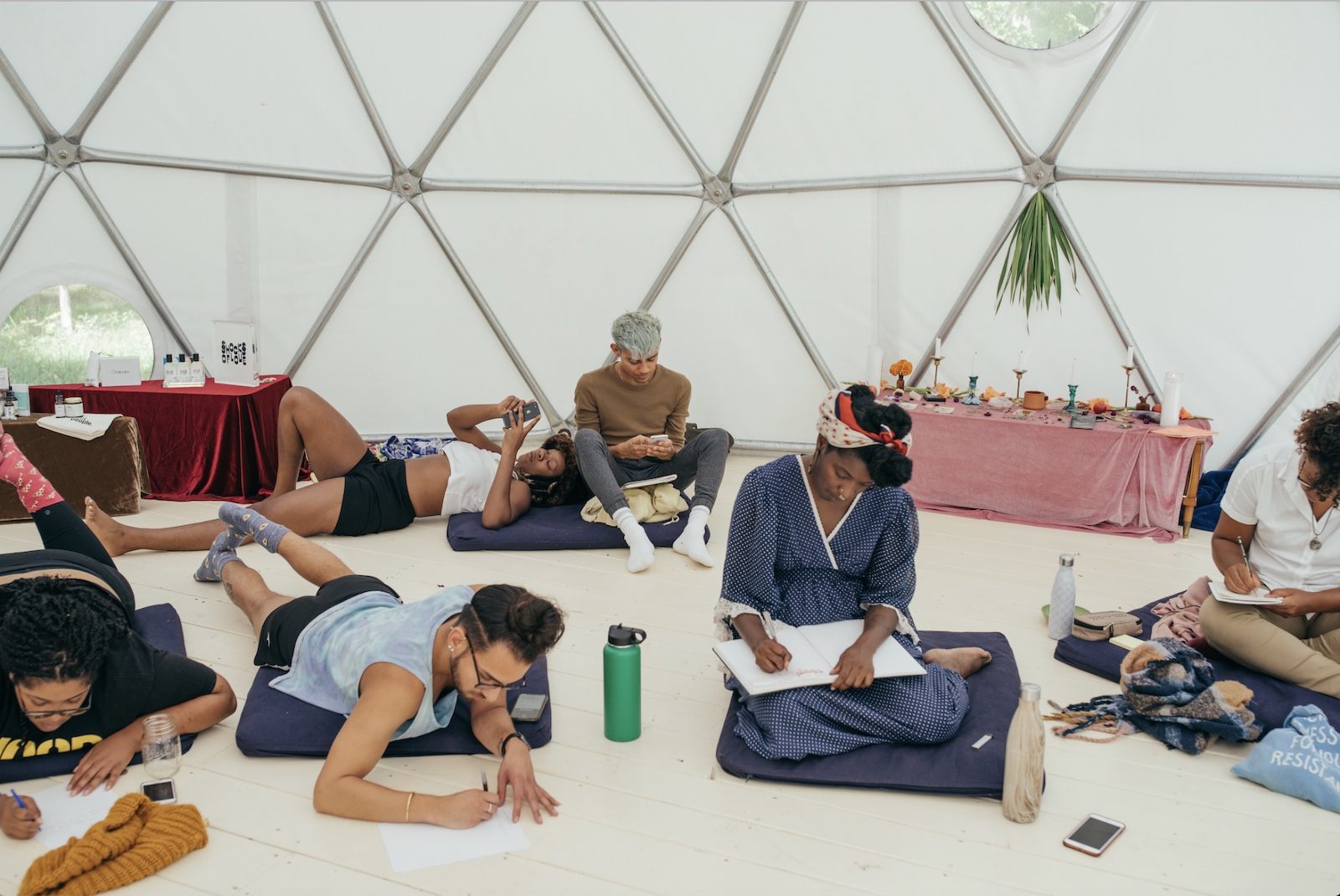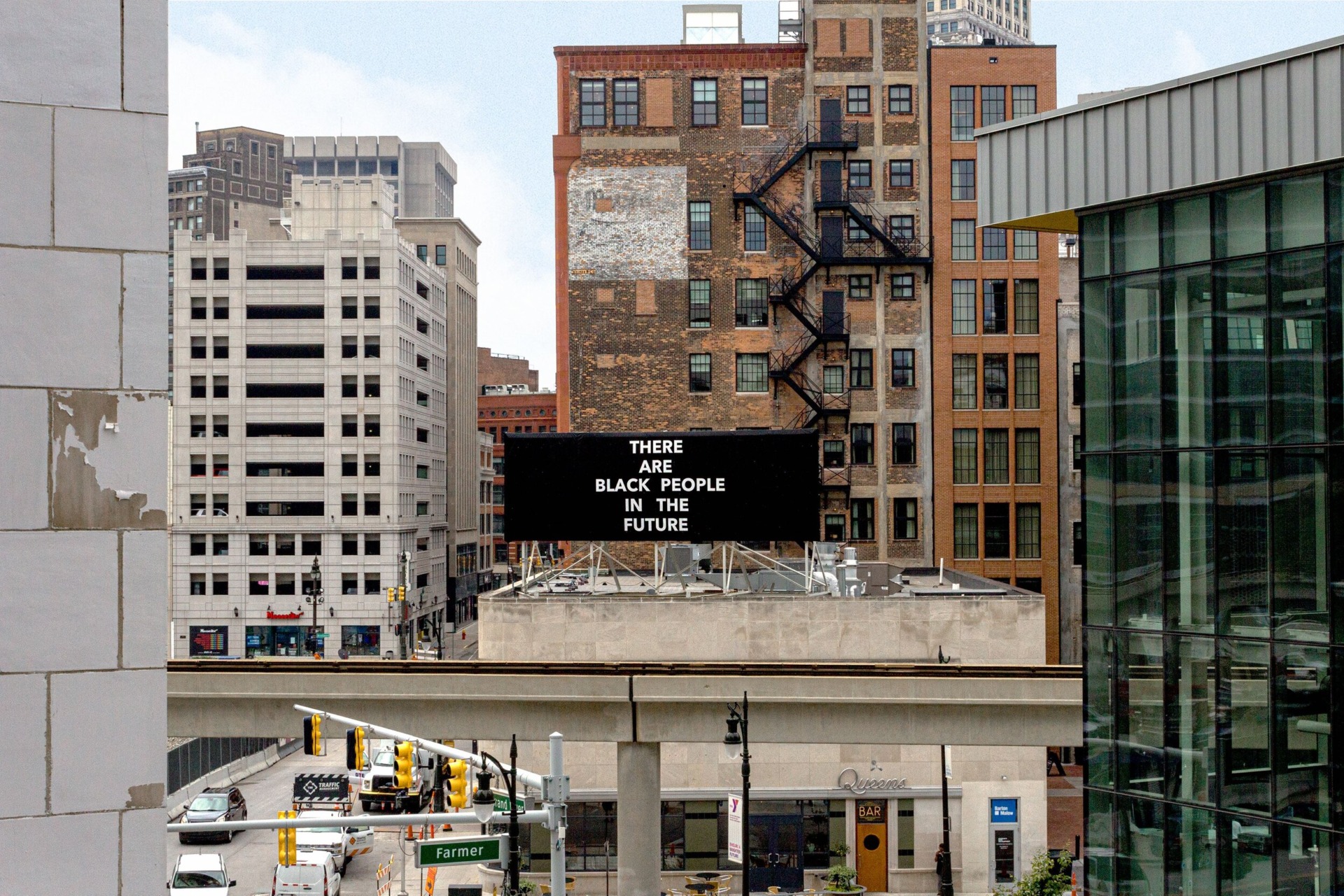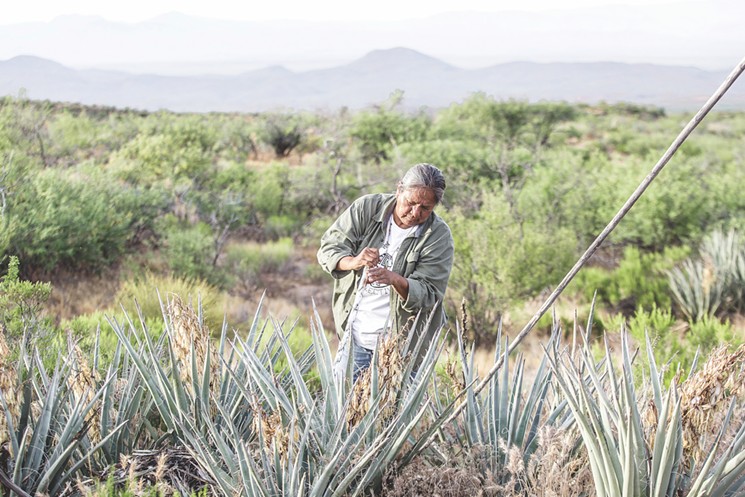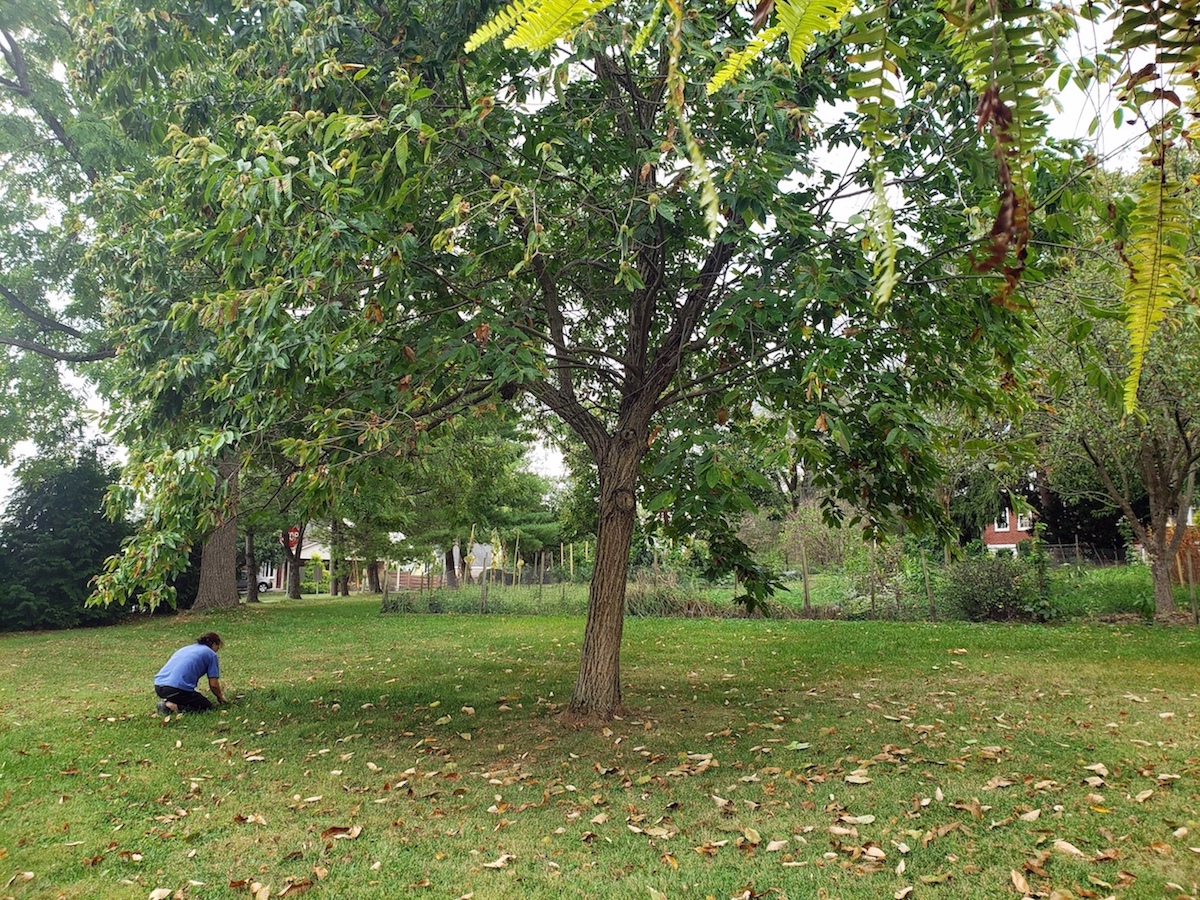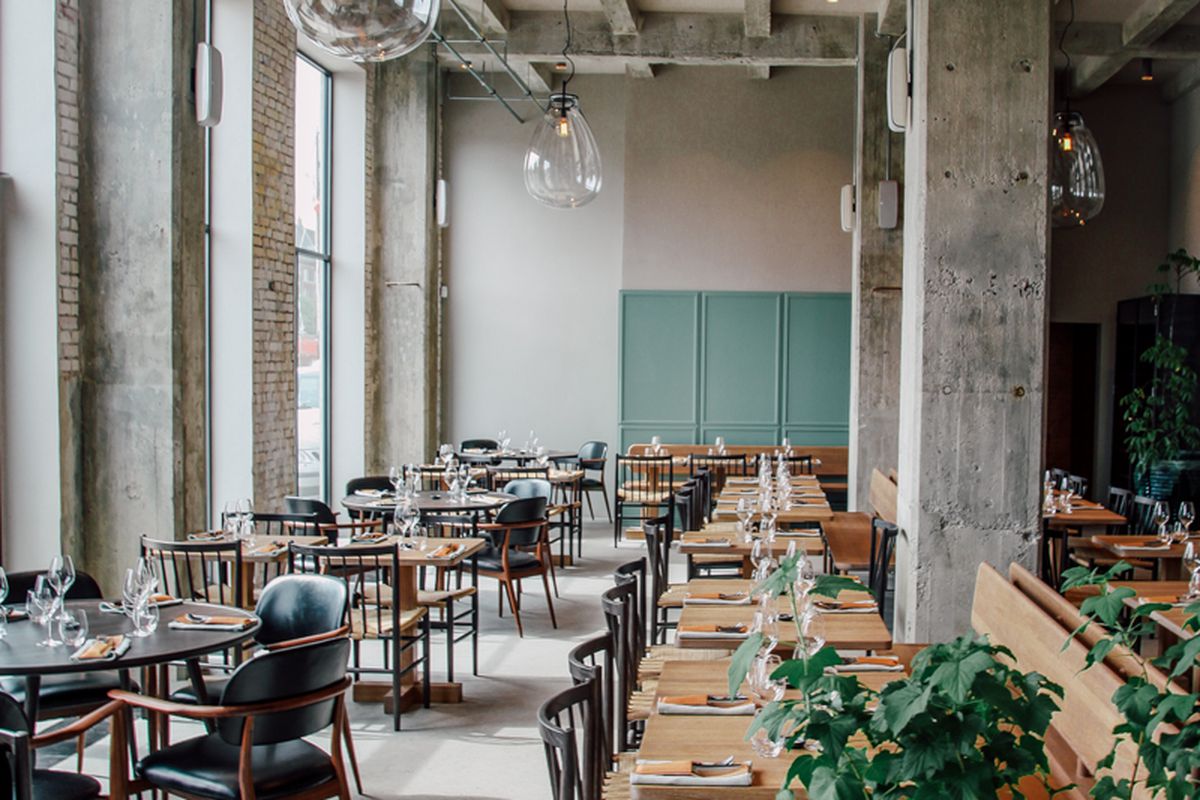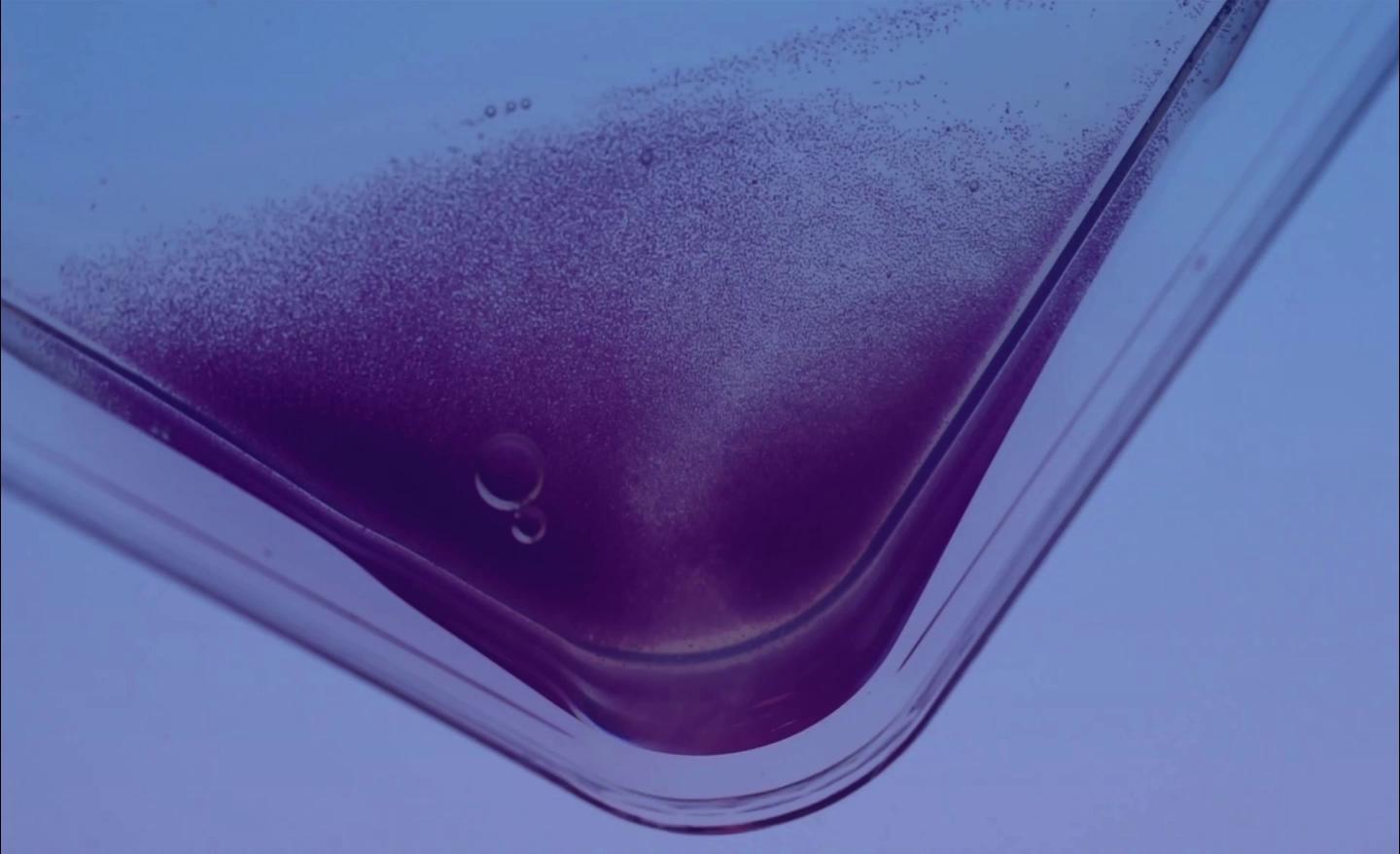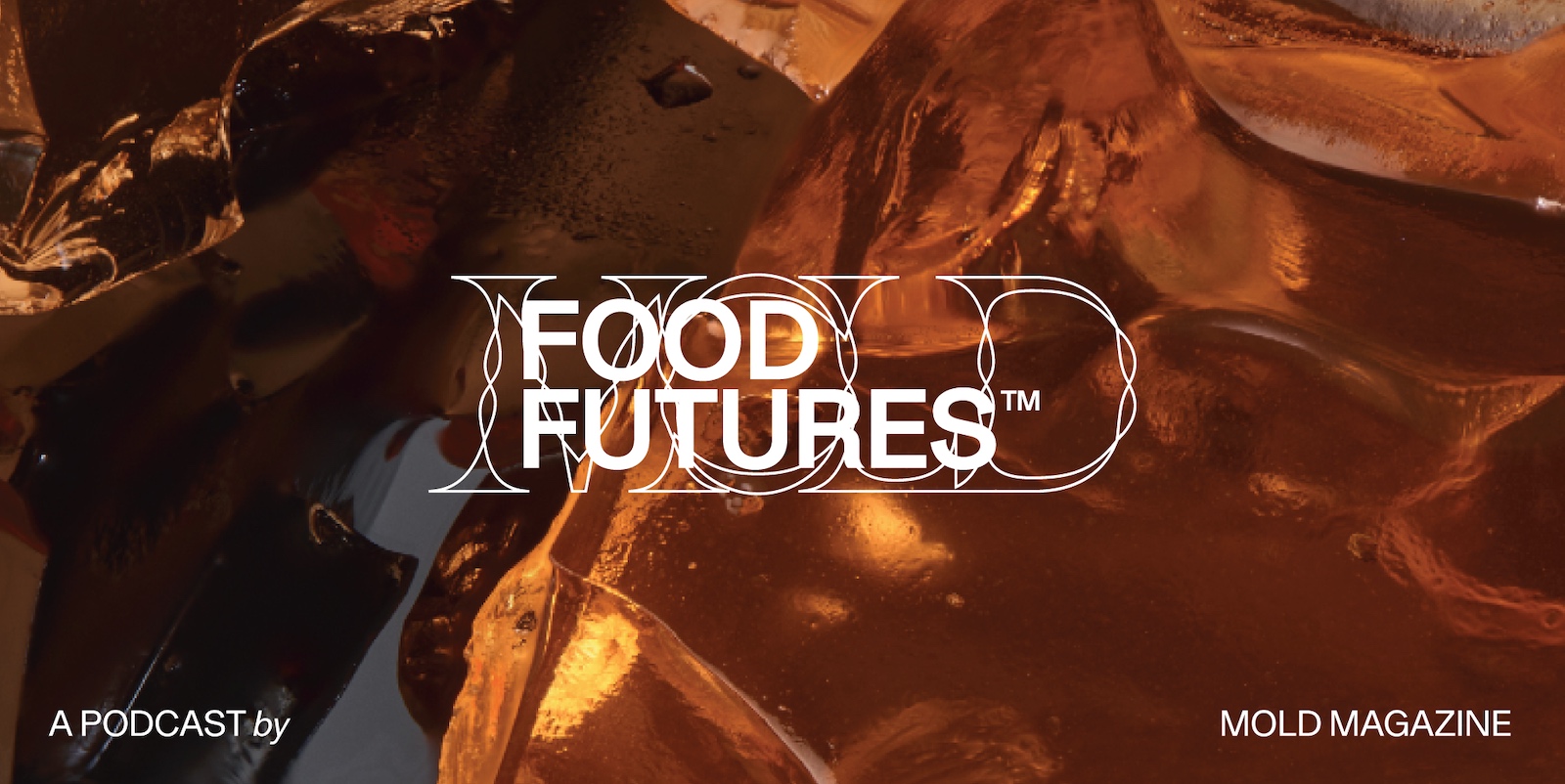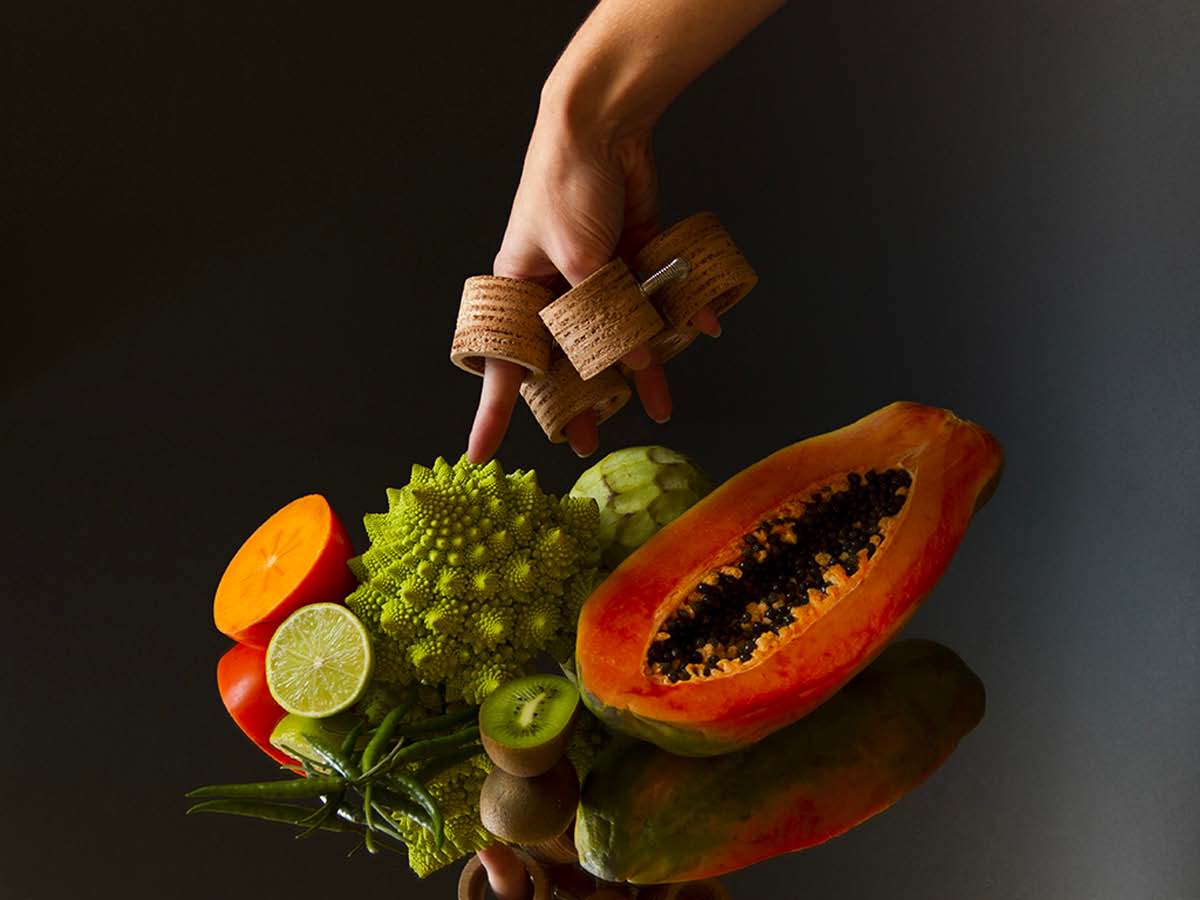From 1932 to 1933, a famine known as the Holodomor killed at least seven million ethnic Ukrainians in the Soviet Union. Hungry Ukrainians often turned to flatbreads made of wild grasses, weedy plants grated into a paste, kneaded in hot water and combined with flaxseed. In a recent conversation, a friend recounted her grandma’s stories of using goosefoot, a starchy grass from the amaranth family, occasionally mixing in potato scraps when they were available. An aunt who worked on a collective farm secretly passed rotten potatoes to relatives through a hole in the wall. Sometimes crop remnants, found in burrows dug out by gophers, were added to these flatbreads. In her grandma’s memory, Ukrainians were fighting with rats for food.
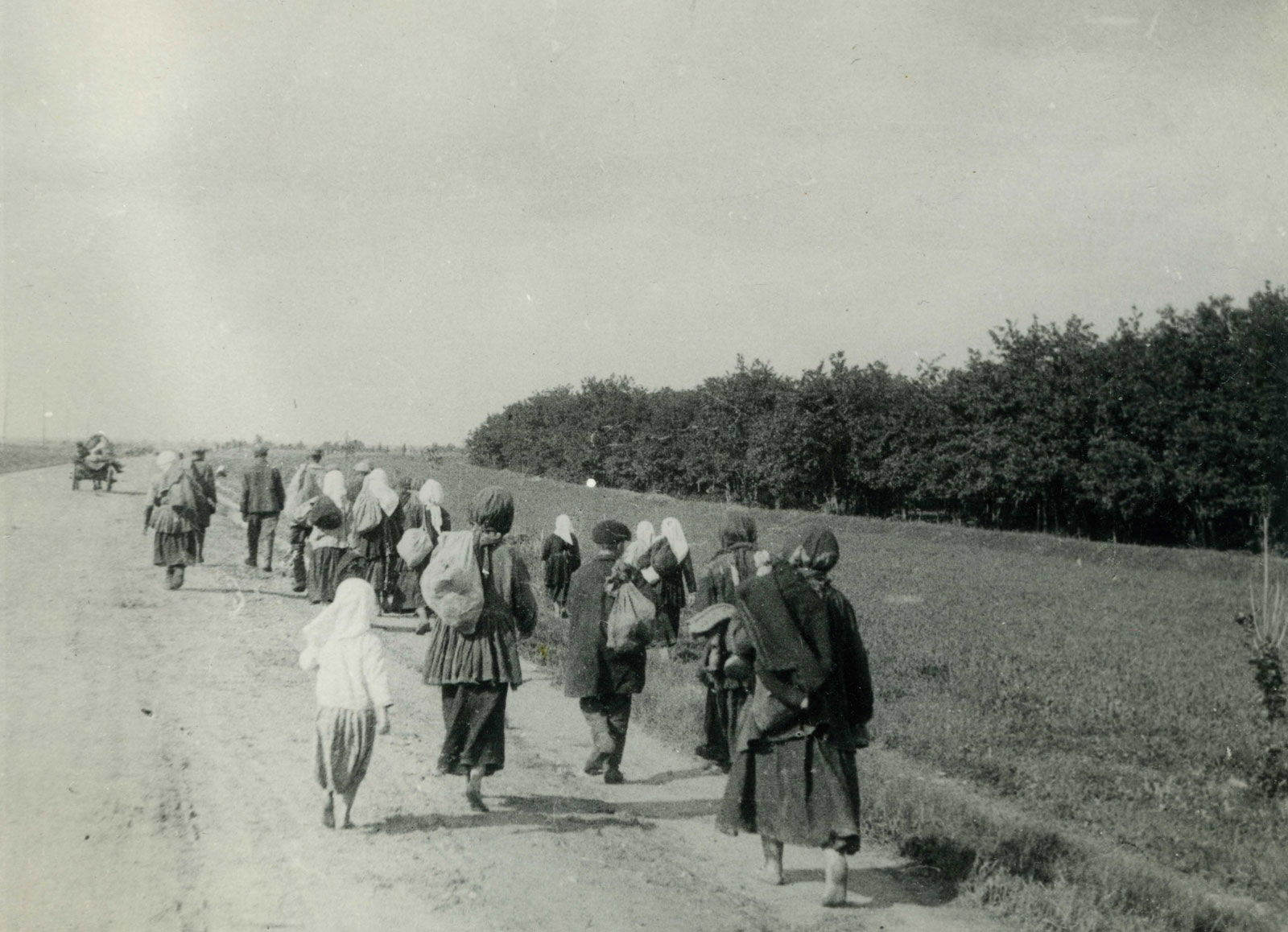

Holodomor, a word derived from the Ukrainian words for hunger (holod) and extermination (mor), was the result of an agricultural collectivization initiative designed by Soviet leader Joseph Stalin. Created to agriculturally support the industrialization of the Soviet Union, the initiative was also put in place to eliminate the rising Ukrainian independence movement by forcing peasants to give up their land and join “collective farms”. Effectively, the failure of this initiative resulted in millions of Ukrainians being “killed by starvation”. Historian Timothy Snyder states that before the United Nations’ adoption of an international convention, the Soviets ensured that the term “genocide” excluded political and economic groups; therefore, the massacre has never been officially recognized. Only twenty countries recognize Stalin’s genocide of Ukrainians.
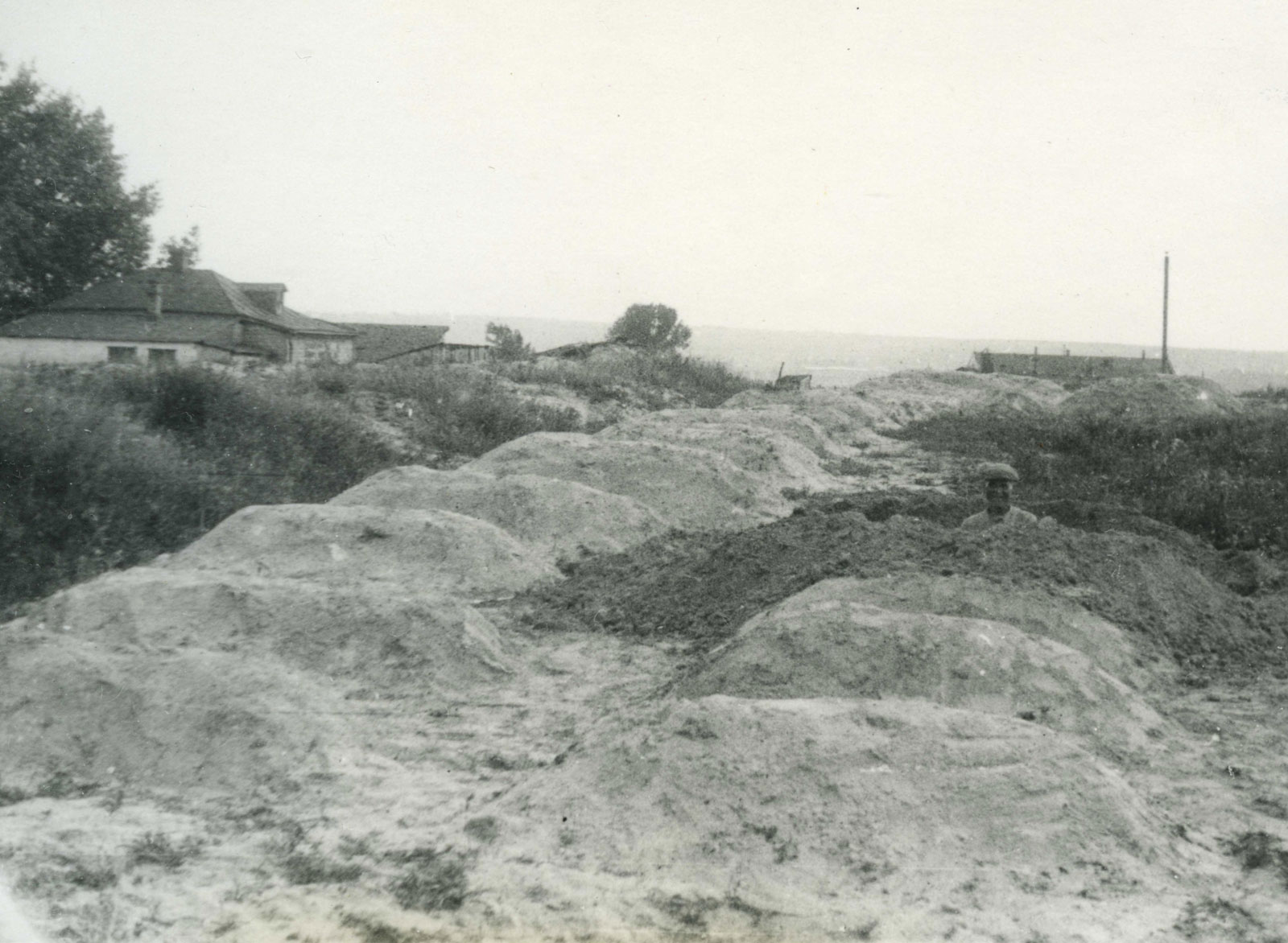
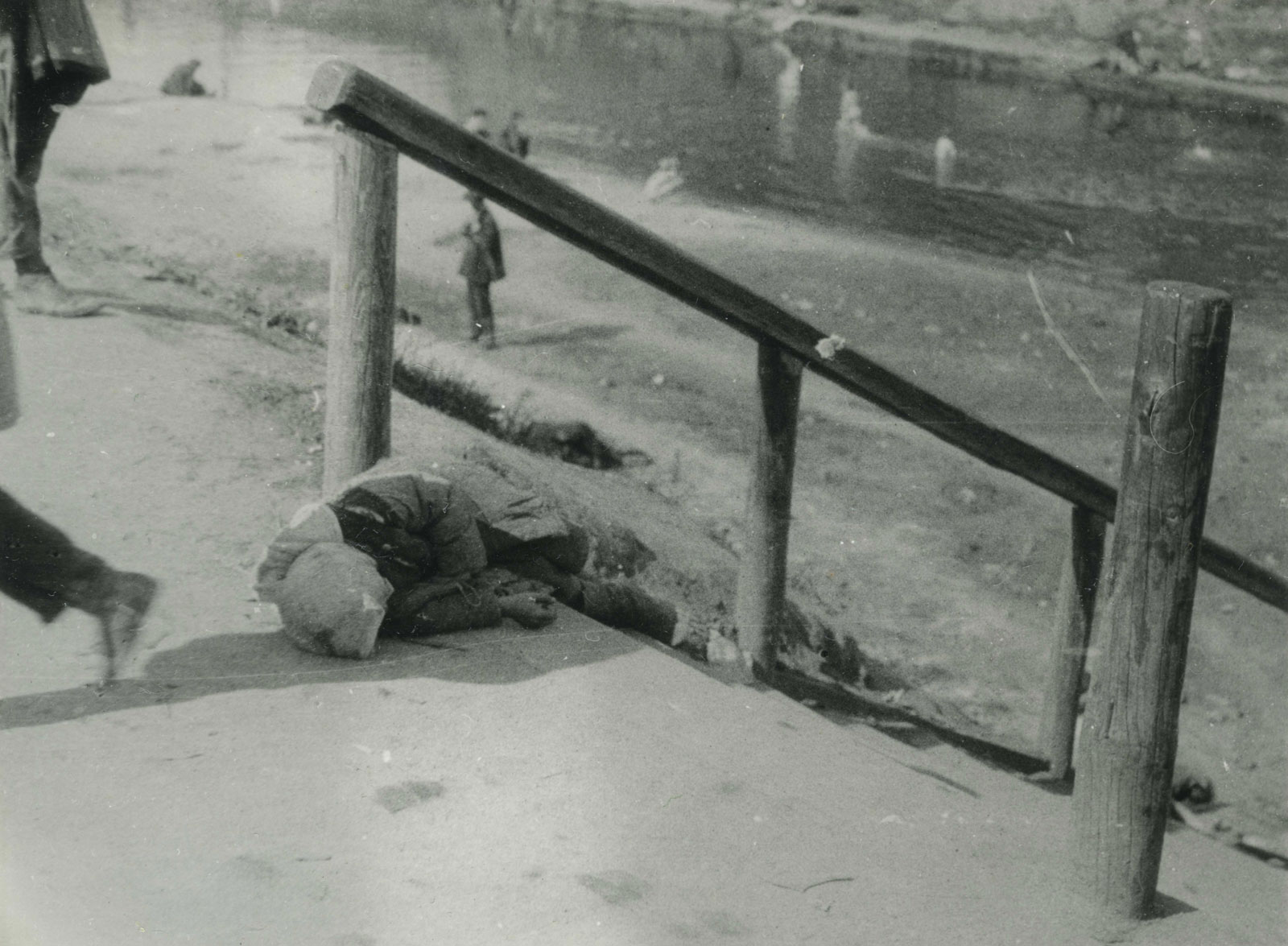
In recent years, younger generations of Ukrainians have attempted to preserve the memory of Holodomor and the lives lost through projects like Uncounted since 1932, a street restaurant run by Ukrainian youths that served food, like grass flatbread, that Ukrainians survived on during famine. While Ukrainians continue to fight against the erasure of generations past, the Russian Federation continues to deny the Holodomor atrocities just as it currently denies its full-scale invasion of Ukraine, shelling a maternity hospital in Mariupol, placing mines on evacuation corridors in Sumy, and killing innocent children and civilians peacefully lined up for bread in the northern city of Chernihiv.


This time, Russia’s actions in Ukraine will have consequences for the global food system. In a recent interview, Arif Husain, the chief economist at the UN World Food Programme (WFP) said, “The devastating consequences of the Russian onslaught on Ukraine are also felt in places far away. Grain and oil prices are fast approaching or even surpassing levels not seen since the 2008 food and fuel crisis.” The Black Sea region in Ukraine, famous for its fertile farmlands, might not be ready for spring’s operations. Ukrainian farmers, forced to fight and flee, neglect their fields. According to IHS Markit, Ukraine and Russia combined, provide 75% of global sunflower oil exports, accounting for 10% of all cooking oils. Ukraine supplies the EU with just under 60% of its corn and nearly half of a critical component in the grains needed to feed livestock. Anna Nagurney, a professor of supply chains, logistics and economics at the University of Massachusetts at Amherst, said: “Wheat, corn, oils, barley, flour are essential to food security… especially in the poorer parts of the globe.” Russia’s war in Ukraine will trigger a chain reaction ultimately affecting the world’s most vulnerable populations.
Despite moving to America, I have always wanted to return home at some point in life. I remember calling a friend back in January. She lived in Enerhodar, home to the Zaporizhzhia Nuclear Power Station, the largest nuclear power plant in Europe, ten times larger than Chernobyl. The Russian Armed forces would later attack the atomic plant on March 5. However, back in January, she reassured me that she was buying a car as the Russian and Belarussian tanks were lining up at the Ukrainian border. “Public transport would be a nightmare if the Russians decided to attack!” she laughed dryly.
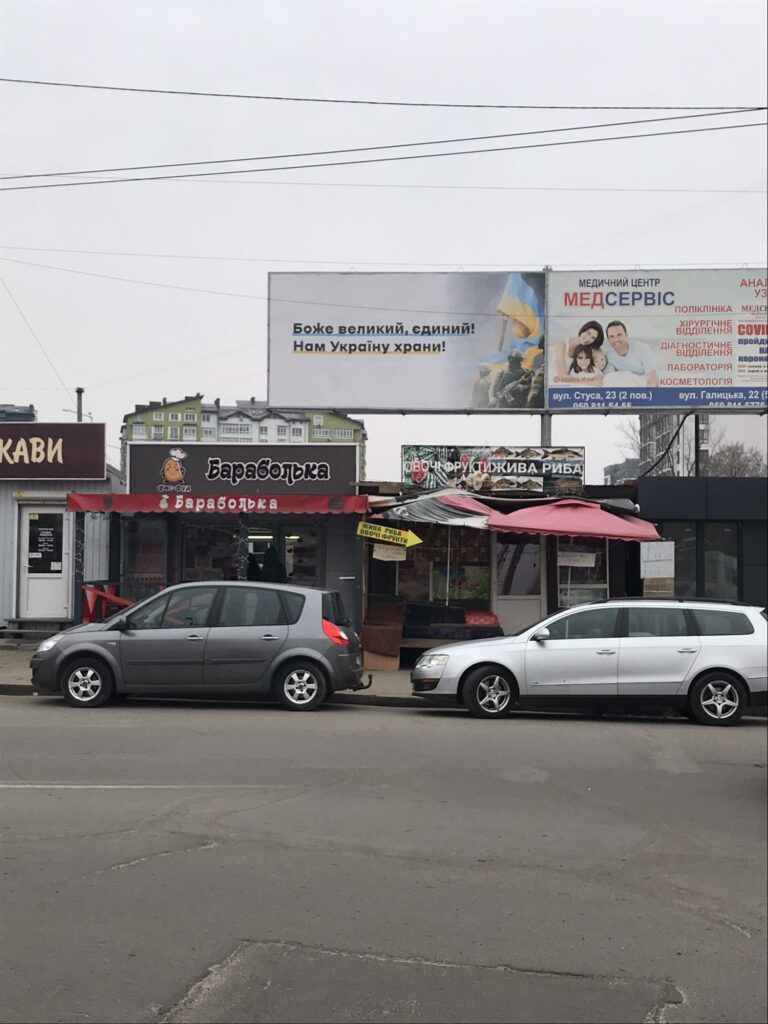
In late February, Russia’s attack came as a shock for many globally, but the war did not start on that day, or even eight years ago (Maidan, Donbas, Crimea). This fight for Ukrainian independence has lasted for centuries. In his last press conference preceding his full-scale invasion of Ukraine, Putin decided to rewrite history, literally declaring: “There is no Ukraine” In his mind, we are not a nation. In his mind, we do not exist.
Historian and political scientist Benedict Anderson writes that a nation is an imagined community. He says it’s “imagined because the members of even the smallest country will never know most of their fellow members, meet them, or even hear of them, yet in the minds of each lives the image of their communion.” In this sense, Ukraine has already won the war. While Ukraine may temporarily lose land, Russia will never defeat the Ukrainian collective imagination. Ukraine lives in the hearts and spirits of its people; through their history, their traditions, heroism, determination, unity, and love.
This is clear in how Ukrainians have banded together to feed one another and sustain resistance in spite of the ongoing war. Whether it is on the individual level with everyday Ukrainians like Daria Mitiuk, who stayed in Kyiv to cook for the army and the elderly. Mitiuk also broadcasts daily achievements from her home in Kyiv and collects donations via her Instagram account. These actions transcend social media, with people like grandmother Maria from the Ternopil region, pitching in by baking bread to feed defenders. Prior to the war, Ukrainians had enjoyed a bustling food scene, with local chefs like Ievgen Klopotenko, a former MasterChef winner, opening restaurants that focused on local produce and slow-food values. Today, Klopotenk has shifted the use of his kitchen to provide for the hungry in the country’s besieged capital, somehow managing to feed as many as 1500 people a day. Klopotenk has rallied chefs worldwide to cook Borscht in their restaurants and donate the proceeds to helping Ukrainians. When asked why Borscht, he responded, “Borscht is our soul; it connects us no matter where we are. Whether you’re fighting on the front, sheltering from bombs, or struggling to survive in some distant city where you’ve escaped… when you eat Borscht, you feel as if you are being held in your mother’s arms. Every sip of Borscht makes you feel that Ukraine is united, that everything will be alright. It’s hard to explain, but it represents our unity and our connection to our land.”
In 1933, Pulitzer Prize-winning war reporter Walter Duranty published a false report in the New York Times obfuscating the dire conditions being experienced by Ukrainians during Holodomor1. In it, he denied the famine’s severity and in doing so, denied the lives being lost to starvation. The blue and yellow Ukrainian national flag is a direct illustration of blue sky and wheat fields, a reference to Ukraine’s long-held reputation as the breadbasket of Europe. Losing our land means losing agricultural traditions as well as the erasure of our identity. Russia’s war on Ukraine is a continuation of the ongoing historical project to exterminate Ukrainians and our culture—it is genocide.
My friend drove to western Ukraine with her partner after Enerhodhar was seized by the Russian Armed Forces last week. “Are you OK?” I messaged a few times. Writing back from a basement in Lviv, she said I should be proud of my country. She was making Molotov cocktails.
- 1. Walter Duranty’s reporting has since been largely discredited by Times correspondents and other journalists. According to a statement released by the New York Times, Duranty’s reporting was reflective of the strict Soviet censorship that his wired cables had to pass through. Today, Ukranian-Americans continue to call for the Pulitzer Prize board to cancel Duranty’s prize for his failure to report on Holodomor.
Ways to support Ukraine
Donate to Daria Mitiuk’s efforts to provide food for the army and the elderly in Kyiv
Check out this list of resources and protest dates compiled by Razom for Ukraine.
Artists can sell their work in support of Ukrainians with Ukrainian-American artist collective spilka.
Sign a petition to that calls for cultural organizations to sever ties with Russia’s Expansionist Project
NYC-based restaurant Veselka is selling borscht, all proceeds to go to Razom for Ukraine
Learn More About Ukraine Through Orysia’s are.na channel
- 1. Walter Duranty’s reporting has since been largely discredited by Times correspondents and other journalists. According to a statement released by the New York Times, Duranty’s reporting was reflective of the strict Soviet censorship that his wired cables had to pass through. Today, Ukranian-Americans continue to call for the Pulitzer Prize board to cancel Duranty’s prize for his failure to report on Holodomor.
